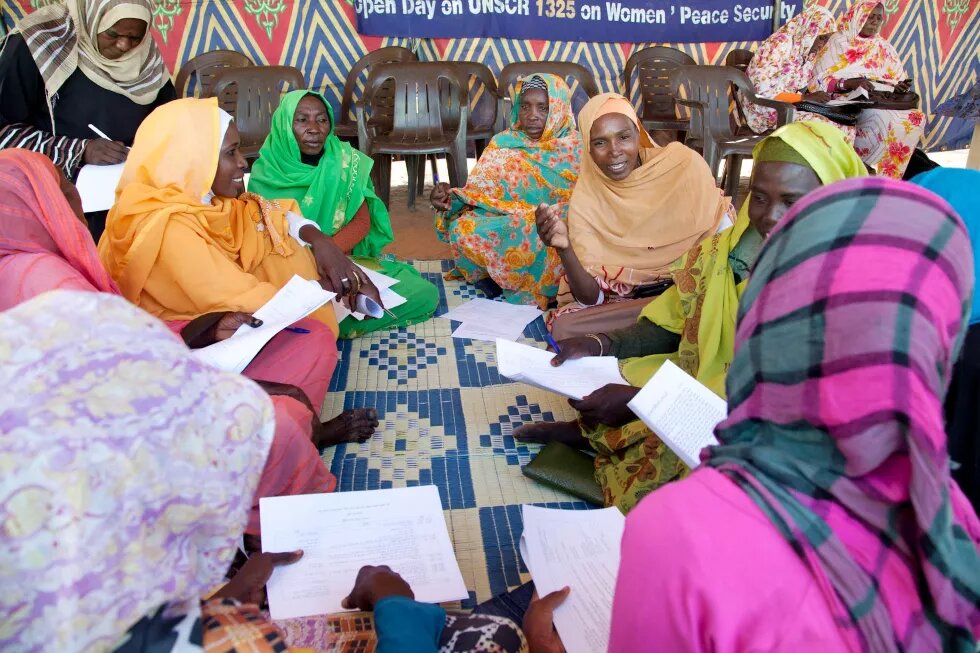
Sexual violence in armed conflicts must be combated and punished more forcefully.
In unanimously adopting the new Resolution 2106 on 24 June 2013, the 15 members of the UN Security Council sent a clear signal to every national government that combating sexualised violence in conflicts must have absolute priority; because gender-based violence continues to go unpunished. Countless women and girls, but also men and boys, are exposed to the most brutal acts of sexualised violence during armed conflicts – often as a means of warfare in order to demoralise and humiliate opponents and destabilise their communities. This has been a well-known fact since the Bosnian war at the very latest. “Young girls raped and impregnated before their bodies are able to carry a child (...). Boys held at gunpoint and forced to sexually assault their mothers and sisters. Women raped with bottles, wood branches and knives to cause as much damage as possible,” said American actress and UNHCR Special Envoy, Angelina Jolie, at the UNSC meeting. This results in severe and lasting traumatisation among survivors, which, in turn, impacts the everyday life of the entire society.
In the light of this knowledge, the UN Security Council had recognised sexualised violence in conflicts in previous resolutions on women, peace and security, namely in Resolutions 1820, 1888 and 1960 (2008-2010), as being a crime against humanity and a war crime as well as an endangerment to international peace and security, which need to be prosecuted and penalised. Until now, however, these resolutions have either been barely implemented or not at all.
The aim of the new resolution is to enforce, once and for all, more forceful investigations of crimes and the serious pursuit and punishment of perpetrators in order to prevent gender-based violence in the long run. The adoption of this new resolution underpins the urgency with which the UNSC views this problem. It has long since been dismissed and trivialised by the international community as secondary and war-related.
In essence, the UNSC is calling on parties to conflicts not just to prevent all forms of sexualised violence but also to investigate and prosecute perpetrators more stringently and forcefully – including as a means of prevention and deterrent. In general, no amnesties should be granted in these circumstances. Once again, the UNSC has strengthened the role and significance of women and women's organisations as well as civil society by recognising their specific competencies and calling on member states to cooperate, consult and assist. Other instruments and measures from previous resolutions are also being strengthened as a result. The Council has declared a zero-tolerance policy during UN peacekeeping missions; it expects troop-contributing countries to educate their deployed forces on sexualised violence and also to step up the deployment of women. The Secretary-General is called upon to ensure that women's protection advisers continue to be deployed and acquire suitable qualifications.
©Kroth
Executive Director Gunda-Werner-Institute
Phone: +49 - (0)30 - 285 34-122
E-mail: hentschel@boell.de
About Gitti Hentschel
2013